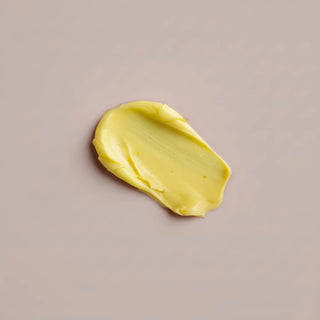

Why you shouldn't stop taking retinal in the summer
Sun, chlorine, salt, sweat, air conditioning... What a cocktail your skin faces in summer! And all of this accelerates skin aging, just when you're most interested in keeping dark spots, uneven texture, and loss of firmness at bay. Skipping retinoids when the heat hits not only doesn't protect you, but can actually set you back. In just 60 days without retinoids, your skin can lose the benefits it's built up over months : cell renewal slows, dark spots reappear, and skin thickens again. So, if you were trying to refine texture or reduce wrinkles, stopping now is like quitting training mid-race.
And isn't it dangerous in the sun?
No, if you use it correctly. The myth that retinoids are incompatible with summer has been largely debunked. Applied at night, followed by good moisturizing and sunscreen the next day, they not only don't damage the skin, but actually protect and strengthen it. Retinal and Retinart—more effective and tolerable than traditional retinol—allow you to maintain your anti-aging routine without compromising the skin barrier, even during the most demanding months. Formulas like Byoode's Retin-A Night also feature soothing and stabilized ingredients, making them completely suitable and effective in summer.
How to continue using it without fear
If you haven't used Retinal before, start by applying it twice a week, always on dry skin and at night. As your skin adjusts, you can increase the frequency. Don't mix it with exfoliants and be sure to boost hydration. Whether you're just starting out or have been applying it for a while, sunscreen should be a must in the morning. Far from causing harm, keeping Retinal in your summer routine is a way to cushion the effects of summer and ensure that all the progress your skin has made throughout the year isn't lost with the first rays of the sun.







